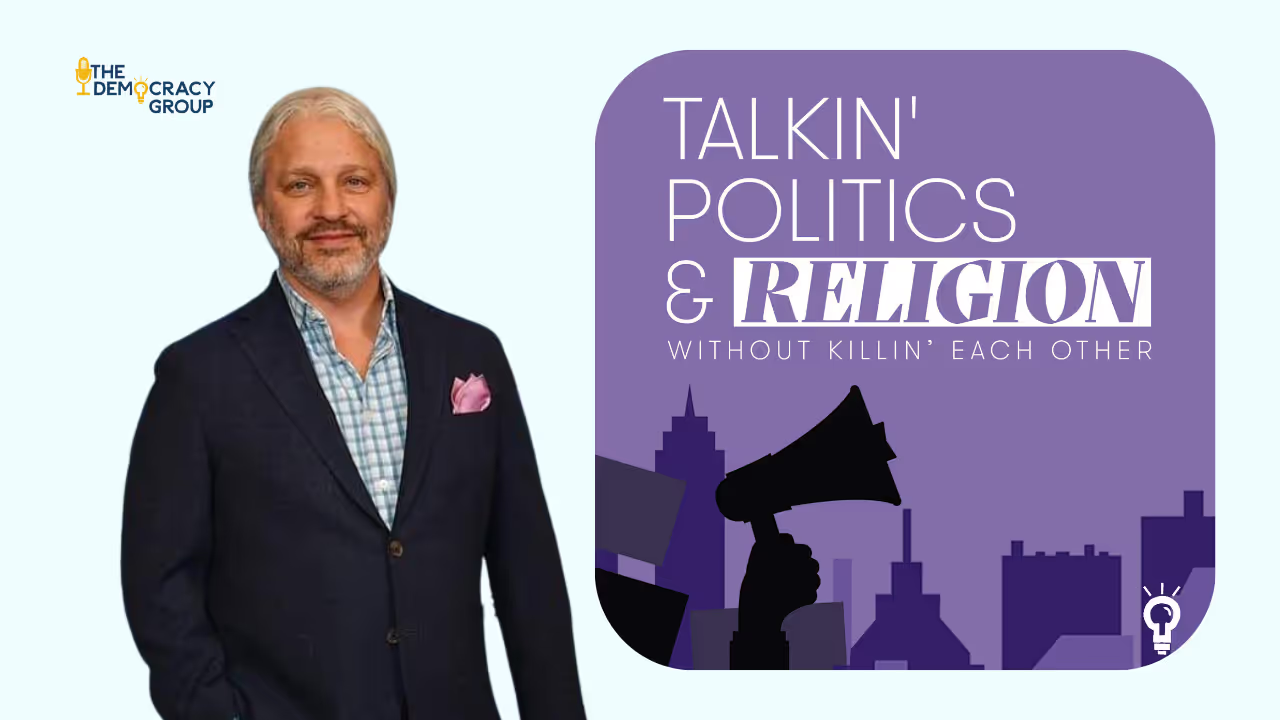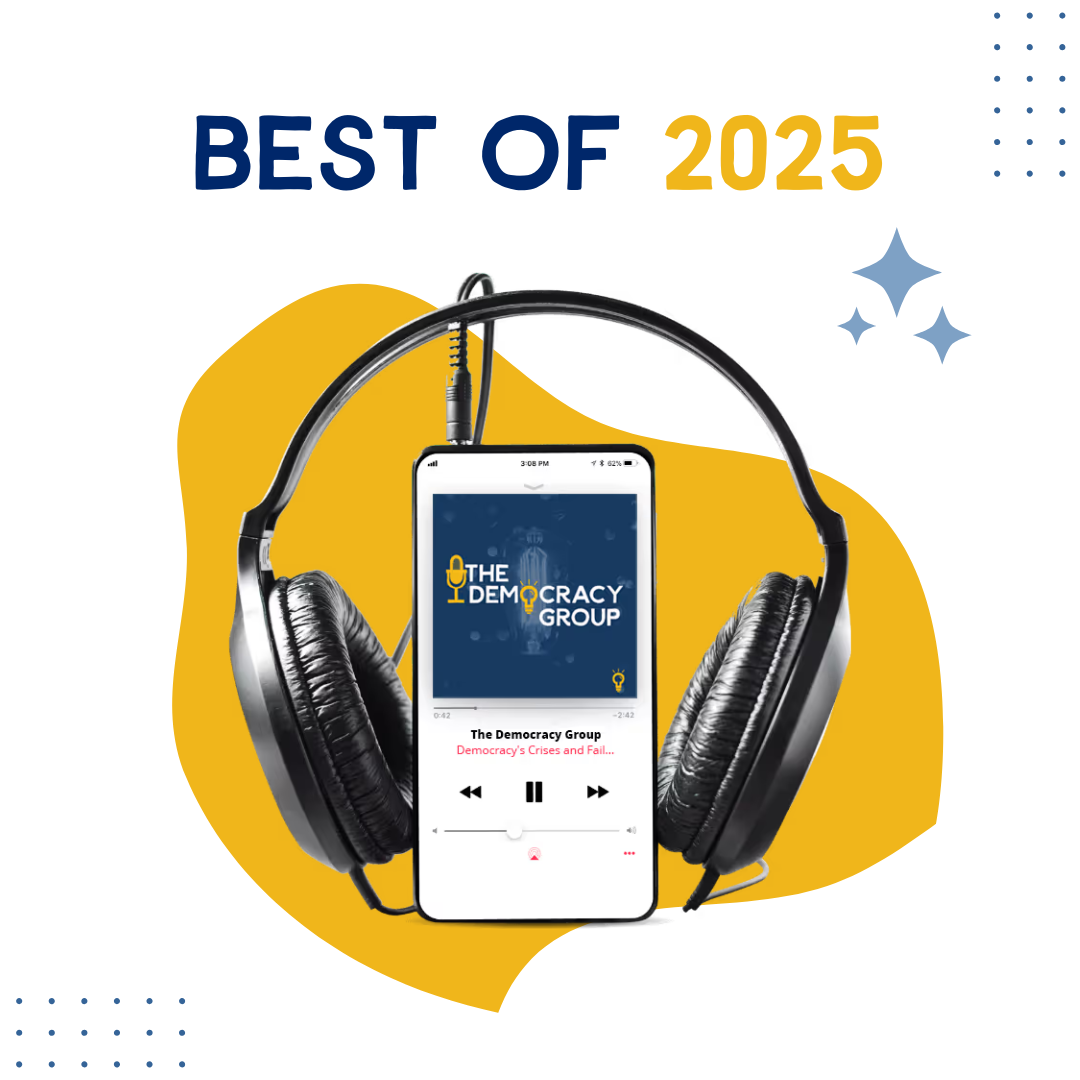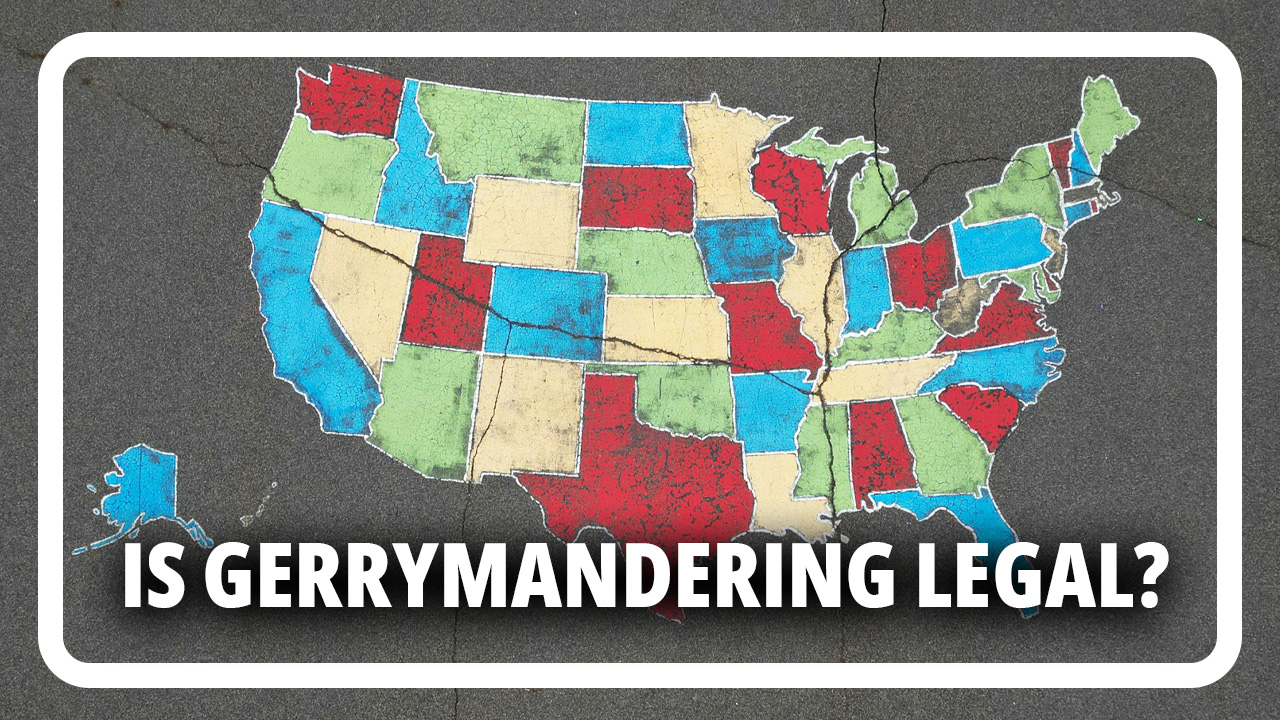
Subscribe to receive a biweekly collection of the hottest podcast episodes from the network, upcoming special events, expert features, and news from your favorite shows.
Subscribe to our NewsletterWith a growing network of podcasts and organizations that create educational content about democracy, civic engagement and civil discourse, we caught up with one of our hosts Corey Nathan from Talkin’ Politics & Religion Without Killin’ Each Other about the idea behind the podcast and navigating heated debates!
Q: Tell me about yourself and Talkin’ Politics & Religion Without Killin’ Each Other.
Corey: I am the executive producer and host of Talkin’ Politics & Religion Without Killin’ Each Other. We love this space and are passionate about doing this work and engaging others across our differences in this wonderful, pluralistic society. Talkin’ Politics & Religion has been around for just over three years — we started right before the 2020 election. I’ve been grateful and invigorated to see the folks who come on the program to talk about important subjects and our democracy, and as The Democracy Group says, what’s wrong in our democracy and how we can work together to fix it.
I love speaking to young emerging people in addition to some of my intellectual heroes who have gray hair like me. We try to speak to folks across religious differences and political differences and have conversations in a healthier, more neighborly way.
Q: What motivated you to create Talkin’ Politics & Religion? Was either politics or religion a big part of your upbringing?
Corey: It was both, actually! Both my parents were very politically engaged, and I grew up in a very observant Jewish household so we went to an orthodox synagogue. But then in my late 20s, I became a Christian. So that did two things at the same time!
Obviously, I had to have these very hard conversations with my parents about why I went this other path of embracing Christianity. The first three years, especially with my dad, it was very hard to have those conversations — there was a great deal of contentiousness and conflict. I’ll give my dad a lot of credit because he came to a conclusion very early on that no matter how much we fought about it, his relationship with me as his son was more important than any differences, even those as profound as our family’s heritage. So that’s one thing.
The other thing, when I became a Christian I started going to church. And I came to this realization that a lot of my friends at church and people I was in a Bible study with, were much more passionate — they had much deeper convictions about political and social issues than they did about theological issues, which is what brought me to Christianity.
Q: Sometimes civil discourses can get heated and out of hand. How do you navigate this challenge?
Corey: Part of it is remembering that we’re human beings, which seems obvious but it really isn’t. If we remember each other’s humanity and that we all have a story, that’s a really good first step.
Instead of asking interrogative questions that can disqualify, dehumanize, and mischaracterize their views to win this debate, ask “Tell me how you arrived at that position.” In other words, tell me about your story, tell me about you and who you are as a human being, and what you experienced throughout your life that got you to arriving at this position.
Q: Looking back to 2020, what are some goals that you set out to achieve when Talkin’ Politics & Religion first went on air?
Corey: I wanted to take what I had learned about the podcast medium and apply it to something that I was really passionate about. And over and above just any political issue or politician, I was most passionate about the way we see and hear each other, communicate, and talk about each other to each other. I didn’t have specific numbers in mind, but I wanted to learn how to do it better myself, I wanted to effect a change for the better in some of the conversations that we’re having.
I think the most important thing is getting myself to have moments of “Hmm, I never thought of it that way,” and others to have that with me as well. I’m more persuasive when I’m in a persuadable disposition, so that was really the biggest goal.
Subscribe to receive a biweekly collection of the hottest podcast episodes from the network, upcoming special events, expert features, and news from your favorite shows.
Subscribe to our Newsletter.png)
We kickstart the year with the exciting release of our fall 2025 fellows' podcasts and their inaugural episodes!
Read Post
The Democracy Group's Best Of 2025 series is back for another year!
Read Post
Is Gerrymandering Legal? Learn what gerrymandering is, how it shapes elections before votes are cast, and what citizens can do to protect democracy from unfair maps.
Read Post